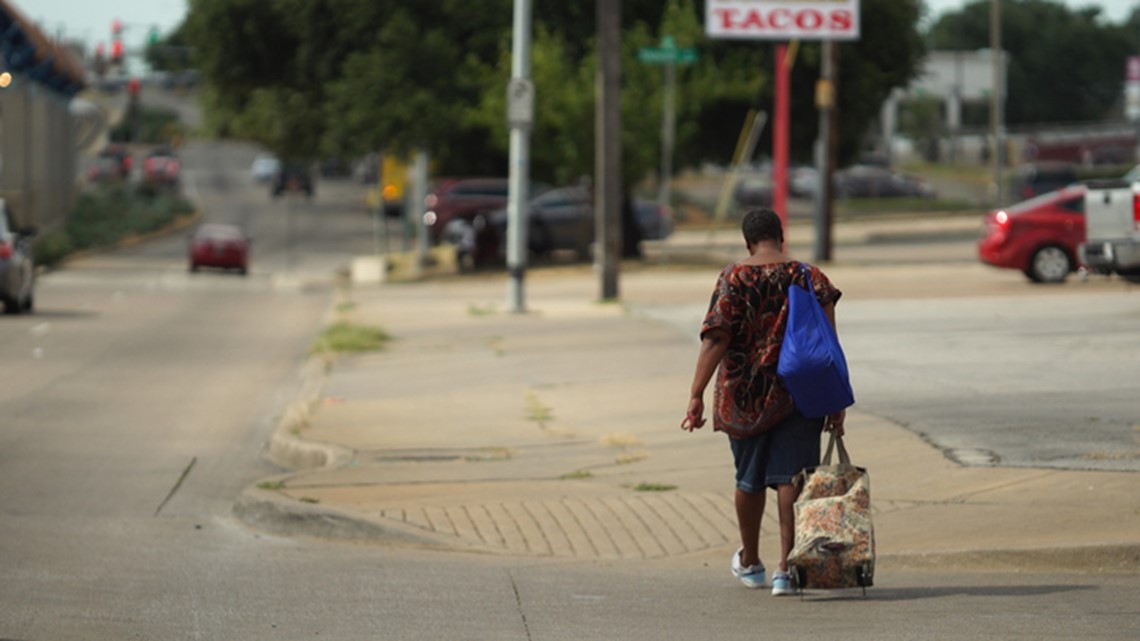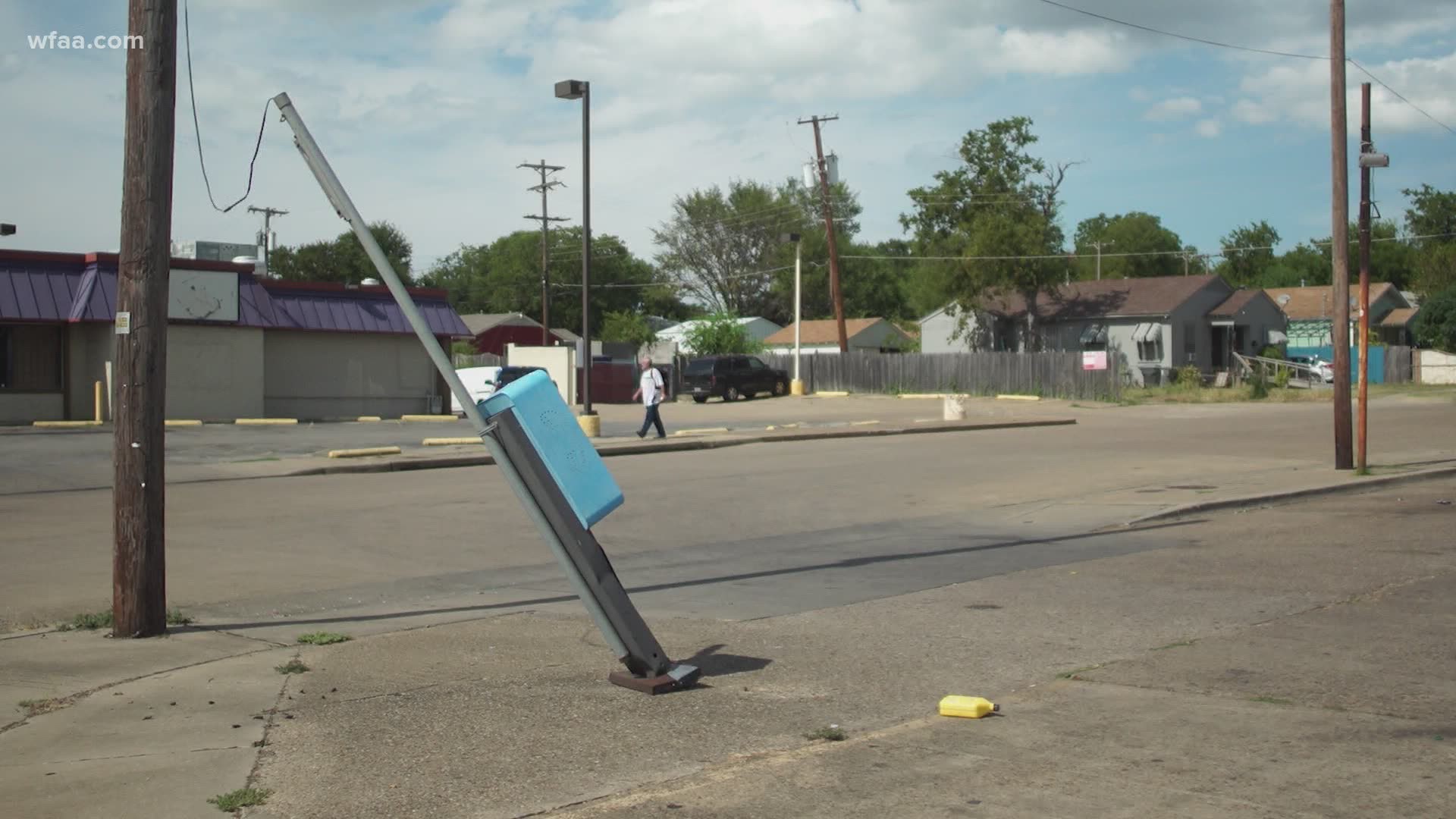DALLAS — We’ve heard countless people say the coronavirus doesn’t discriminate.
It’s true that anyone can get sick with COVID-19.
But, certain neighborhoods are getting sicker.
Case counts are highest in ZIP code 75211, in southwest Dallas and Cockrell Hill. The other ZIP codes with high counts are in the south eastern part of the county.
“We’ve got to have a sense of urgency right now about addressing this,” said Casey Thomas, a member of the Dallas City Council and chair of the city’s COVID response committee.
City code enforcement officers have started blanketing businesses in 75211 with informational fliers about how to help stop the spread of COVID. The information is in English and Spanish.
Thomas said the same effort will be launched in ZIP code 75216 next week.
The neighborhoods with the highest cases are heavily Black or Hispanic. Poverty levels are higher than average and access to health care is low.
Dr. Michelle Albert is not surprised.
As president of the Association of Black Cardiologists and a professor of medicine and the University of California at San Francisco, Albert studies the intersection of health and wealth.


“80% of health is related to social factors and only 20 percent genetics,” she said. “You’d believe otherwise, right? Because we hear a lot about genetics and less about social factors.”
Her research usually focuses on Black Americans and heart health, but she received a grant from the American Heart Association to study COVID-19 in Black women.
She said the most consequential social factors that impact health are education, employment, access to safe and equitable housing, and access to healthy food.
“The ability to pay bills is tightly linked to cardiovascular health,” Albert said. “Because the inability to pay bills is tied to financial strain, job strain, discrimination. Those are what we call stressors and stressors can become toxic over time.”
Toxic stress leads to disease, and having pre-existing cardiovascular conditions puts people at higher risk of complications from COVID.
“We have to address this long term by breaking down educational barriers and increasing access to quality health care,” Albert said.
“The root of all of this has to do with racism and segregation, so we have to dismantle those systems”
Dallas County Commissioner Elba Garcia said she’s working to increase access to coronavirus testing in the 75211 ZIP code. She said some residents don’t have cars, so she’s hoping to launch walk-up sites instead of drive-thru lines.
“We need to be sure everyone regardless of legal status has access to health care. Because this virus is not going to ask for legal status,” Garcia said.
Hispanics make up about 41% of Dallas County’s population but represent 60% of the county’s COVID cases.
“We’ve got to make sure everyone we know is aware of what they can do to be safe,” said Thomas. “Wear your mask the minute you walk out of the door.
“If we just follow the science and follow the guidelines, we’ll be just fine,” he said.

